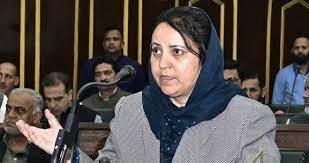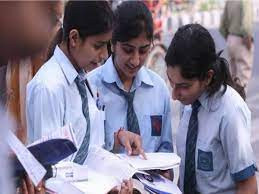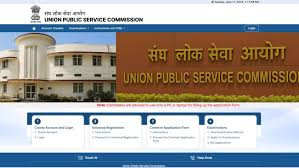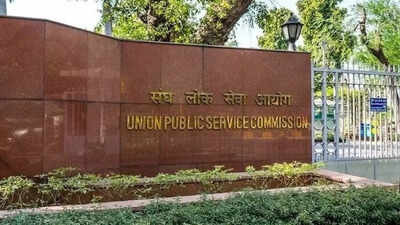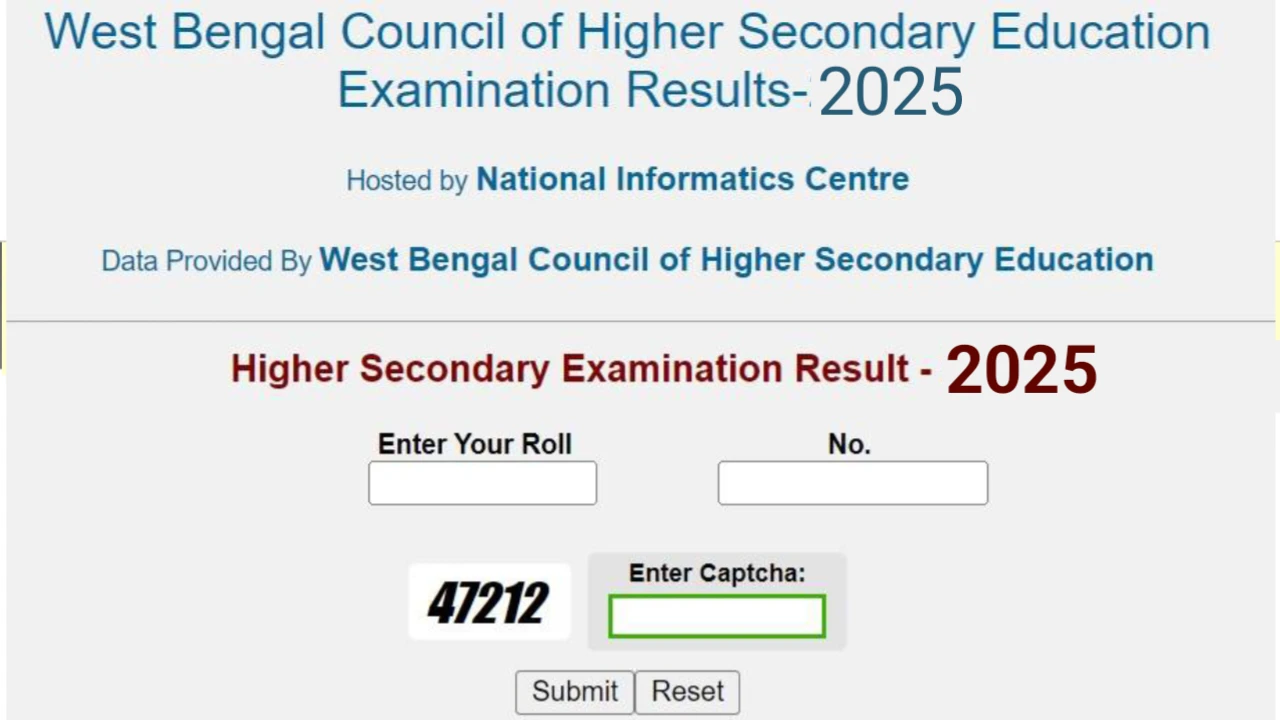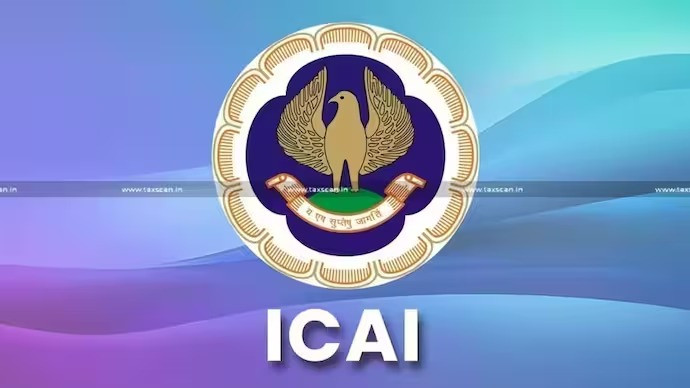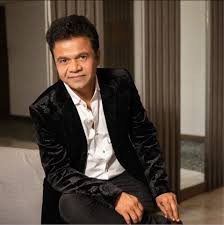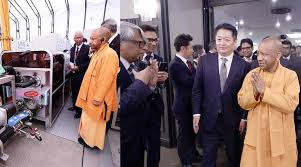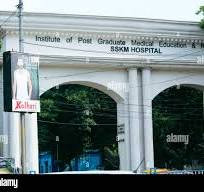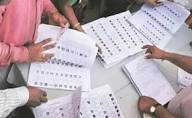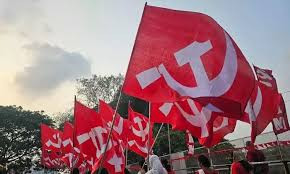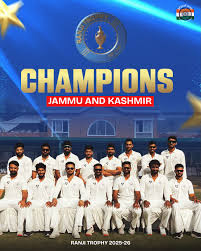Parliamentary Estimates Committee: A Cornerstone of Fiscal Oversight and a Must-Know Topic for UPSC Aspirants
IIE DIGITAL DESK : New Delhi, June 26, 2025 –The intricate framework of India’s democratic system, the Parliamentary Estimates Committee stands as one of the oldest and most significant tools for ensuring transparency and accountability in public finance. For students preparing for competitive exams such as the UPSC Civil Services Examination, understanding the role, evolution, and relevance of this committee is crucial not only for the polity and governance syllabus but also for developing a deeper grasp of how parliamentary democracy functions in practice
The Estimates Committee was first established in 1950, following a recommendation by then Finance Minister John Mathai. Its objective was to scrutinize the government’s budgetary estimates and assess whether funds allocated through the Union Budget were being used effectively. Unlike the Public Accounts Committee, which focuses on audit reports and past expenditure, the Estimates Committee is future-oriented—it examines estimates before they are voted upon and suggests improvements in administration and efficiency.
It is composed of 30 members from the Lok Sabha, elected annually by proportional representation. Members of the Rajya Sabha are not included, and no minister is allowed to be part of it—ensuring objectivity and separation from executive interference. The committee is backed by Rules 310 to 312 of the Rules of Procedure and Conduct of Business in the Lok Sabha, and its powers flow from Articles 105 and 118 of the Constitution
The Parliamentary Estimates Committee regularly features in UPSC Prelims, Mains (GS Paper 2), and even in interview discussions. Its functions overlap with themes of fiscal responsibility, democratic checks and balances, policy review mechanisms, and cooperative federalism.
What makes it more important is its increasing relevance in contemporary governance. As the government spends trillions on infrastructure, welfare schemes, defence, and subsidies, ensuring that public funds are used judiciously is more essential than ever. UPSC expects aspirants to critically evaluate such institutional mechanisms, understand their contributions to governance, and offer suggestions for improvement.
Moreover, the committee’s focus on budgetary efficiency, reforms, and transparency reflects themes frequently asked in essay papers and ethics case studies
In June 2025, the Estimates Committee marked its 75th anniversary with a high-profile conference in Mumbai. Lok Sabha Speaker Om Birla, while addressing the gathering, emphasized the committee’s legacy in shaping national policy and called for greater collaboration between similar committees at the central and state levels.
Discussions during the event stressed adopting digital governance tools, improving coordination between parliamentary and legislative committees, and strengthening data-based decision making. These developments tie directly into UPSC’s current affairs segment, making them highly relevant for both Mains and Prelims
Over the decades, the Estimates Committee has produced over 1,000 reports, many of which have led to policy shifts or structural administrative reforms. Its inputs on ministries such as health, education, rural development, and defence have had far-reaching implications. The committee’s advisory role, though not binding, carries weight due to the detailed research and cross-party consensus behind its recommendations.
For UPSC aspirants, this is an excellent example of how institutional checks within a parliamentary democracy function constructively—an aspect often asked in GS Paper 2 and interview scenarios
In the vast ecosystem of Indian parliamentary committees, the Estimates Committee holds a uniquely proactive position—examining planned expenditure and suggesting reforms before money is spent. For civil service aspirants, it is a textbook example of democratic accountability, cooperative governance, and financial prudence. With rising focus on good governance and effective public administration in the UPSC syllabus, mastering the functioning and contemporary role of the Estimates Committee is not just useful—it’s indispensable.
You might also like!



